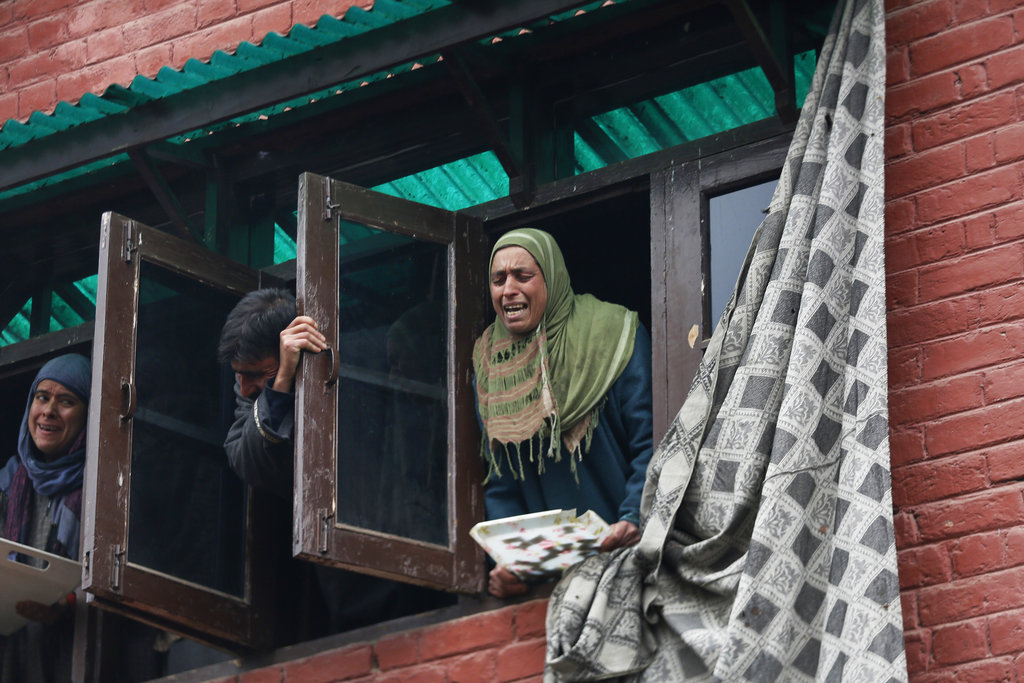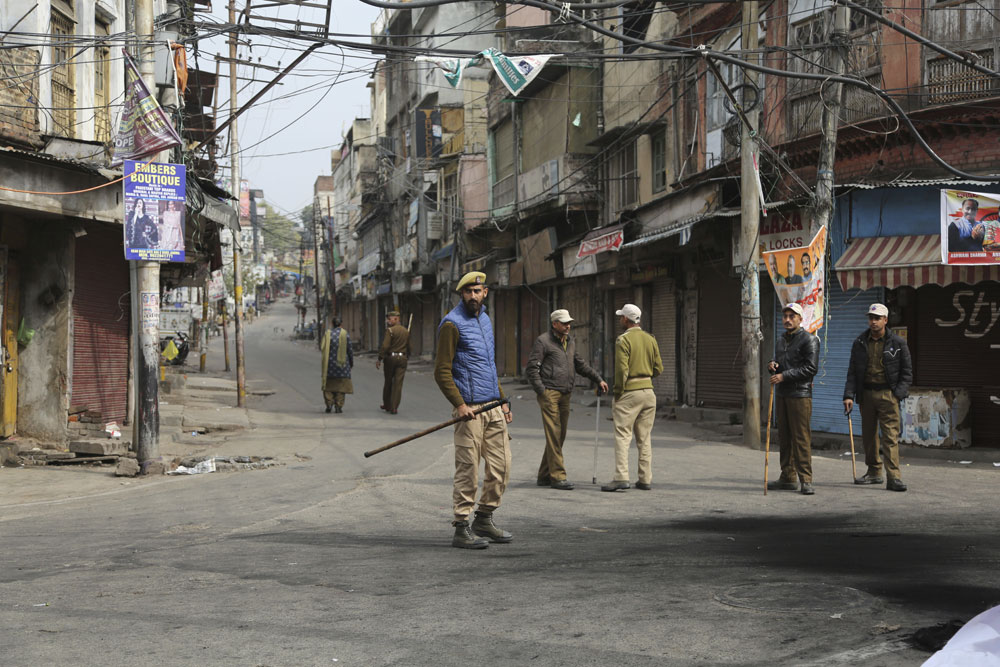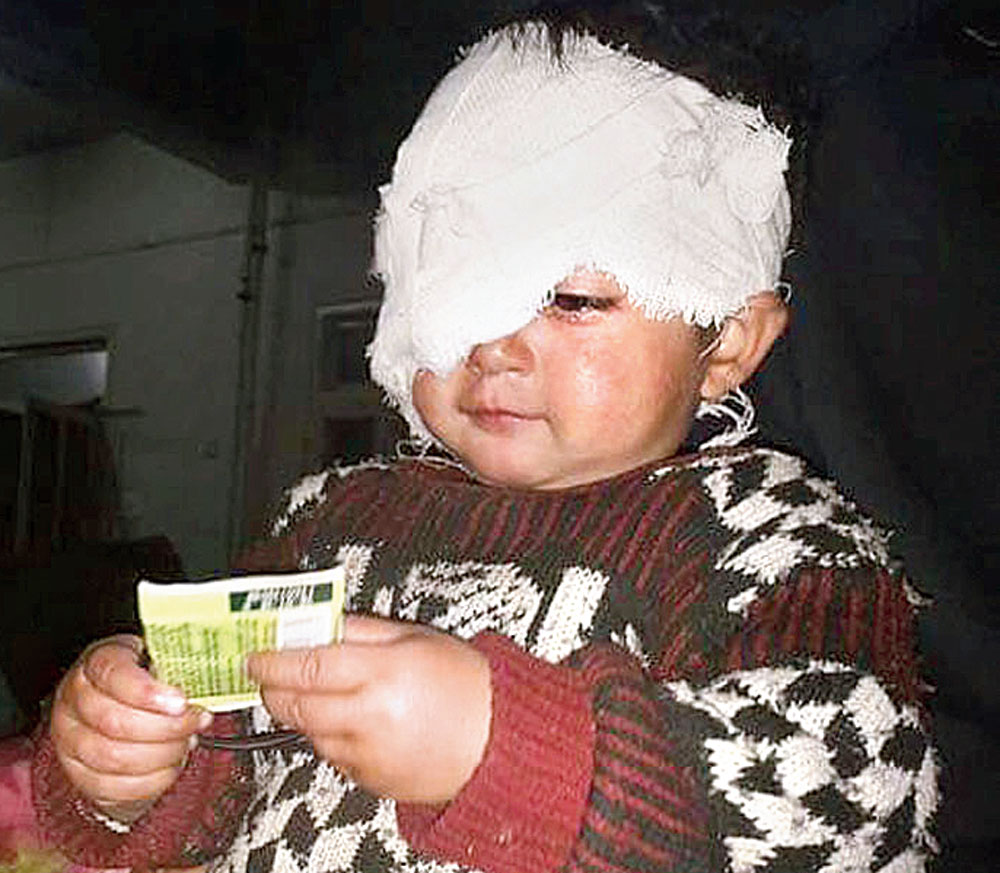Were it not such a mercilessly daily thing here, the temptation would be to pronounce a crisis in Kashmir. But the Valley has spun in the vortex of crisis so long, it has ceased to matter even that a war may be hovering overhead.
This is the womb of the war cloud — Kashmir, the strafed spur of past and future wars, the trophy slaked and stained under decades of cannon fire.
“And what if there is another war?” asks a retired civil servant who has seen three previous conflicts break out and blow over. “What’s there to change? The Jhelum hasn’t ceased to flow, although it is far murkier.”
And then, almost as if to spice his deadpan cynicism, he adds: “Ah yes, someone might win an election and someone a statesmanship award. But thereafter?”
As defence minister, Arun Jaitley had once labelled Kashmir a war-like zone. Most Kashmiris may prefer to knock the simile off and replace it with a hard metaphor: Kashmir is a war zone.
It takes neither fighter jets tearing across these skies nor belligerent war-mongering from private studios and the public stage elsewhere for Kashmiris to sense intimacy with war.
Somewhere each day, some fence is being mortared. Somewhere each day, a gun battle is being fought and casualties claimed. Somewhere each day, a disputed line is sought to be shaken or moved, a geography prodded to turn a different colour on the map. Somewhere each day, a fence comes up and a battle begins. Somewhere each day, a cask is mounted on shoulders and a vow murmured renewed to go on with this war that won’t end.
“It is our daily lot to have our homes searched or raided or blown, for our men to be taken, often never to be heard of, for explosions to erupt, for closures to be imposed, for life to be humming one moment and be snuffed another. Janazas (funeral processions) have become our main congregation.”
The schoolteacher wouldn’t put her name to the eloquent lines, but she spoke from the splintered heart of a woman who had lost three near ones in the last decade. And she echoed something someone had told me on a previous trip: that if Kashmir was indeed the garden of paradise, it had been transplanted into the crater of a volcano.
More than ever in recent years, the Valley looks like a garrison. Many more columns of troops have been flown or bussed in after the bloody outrage of Pulwama. And many have been pulled out of barracks and pressed into a demonstrable readiness — armed police battalions, the paramilitary, the army. None of them could be unaware they have been deployed against a militancy whose constituency of subscribers is mounting all the time.
There’s a palpable curiosity about what impends. But it is a curiosity purged of apprehension.
“What will happen? Something may, but what’s the worst that can happen to us?” wonders Usman Dar, a young software professional from downtown Srinagar.
“We have seen many worsts come and many worsts go. No point stalling our lives and waiting for what’s to happen next. If it’s war, so be it; today has to be gone through.”
Close to where we stood talking in the twilight bustle of Safa Kadal, a gaggle of college girls was passing. A feisty one among them was humming that chartbuster from Gully Boy: “Apna time aayega.…”












